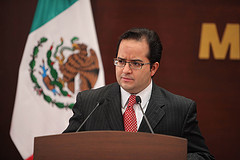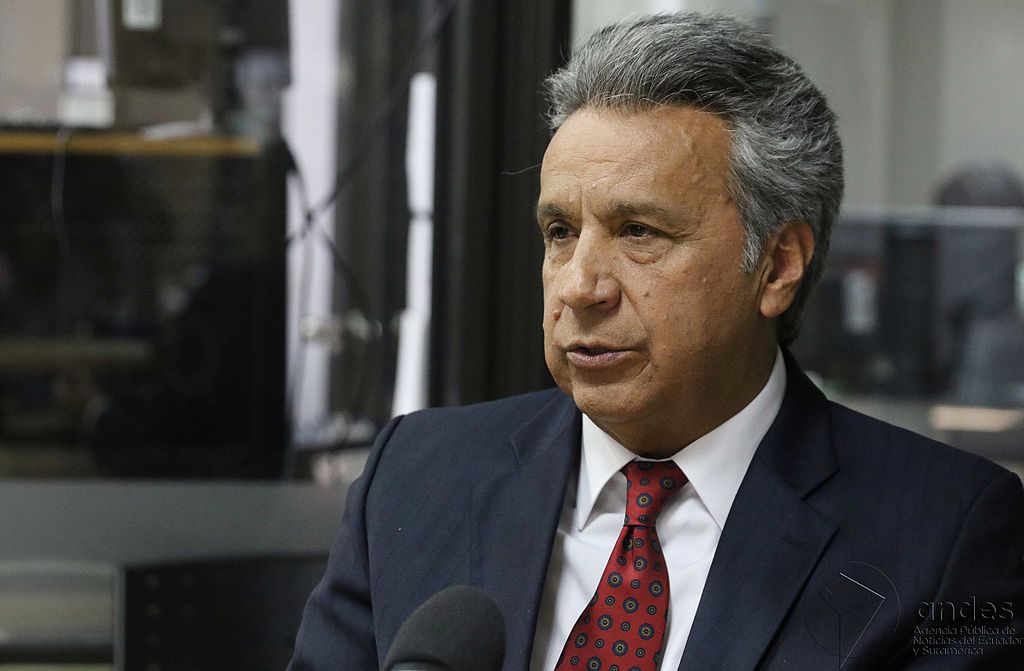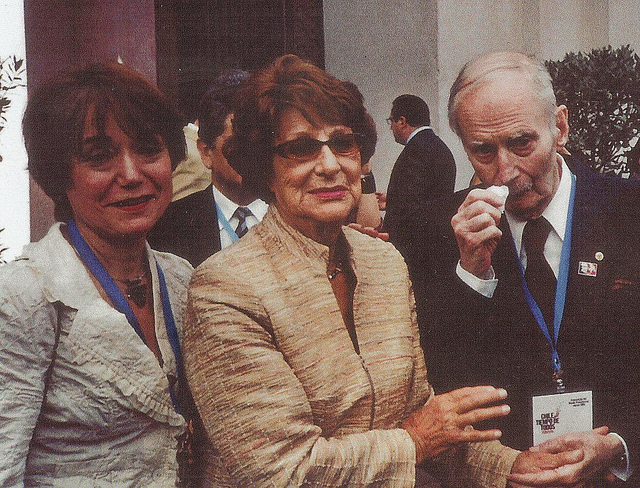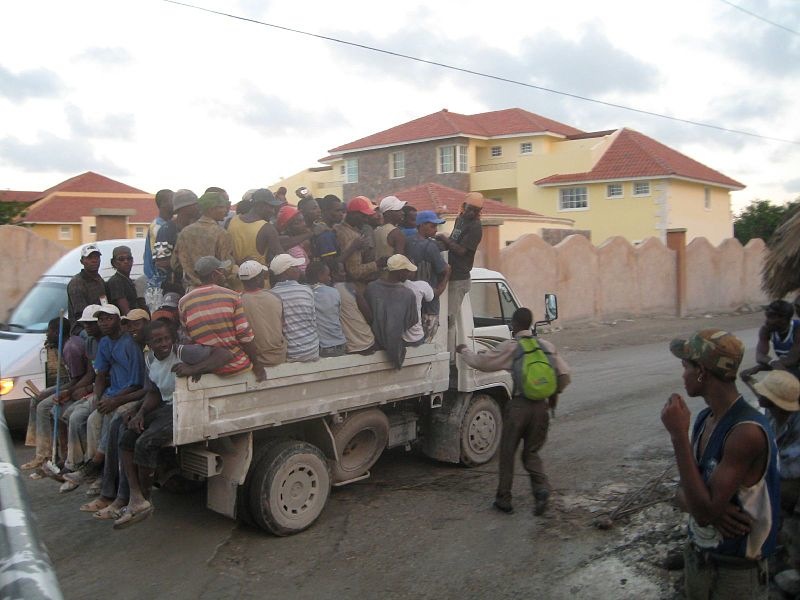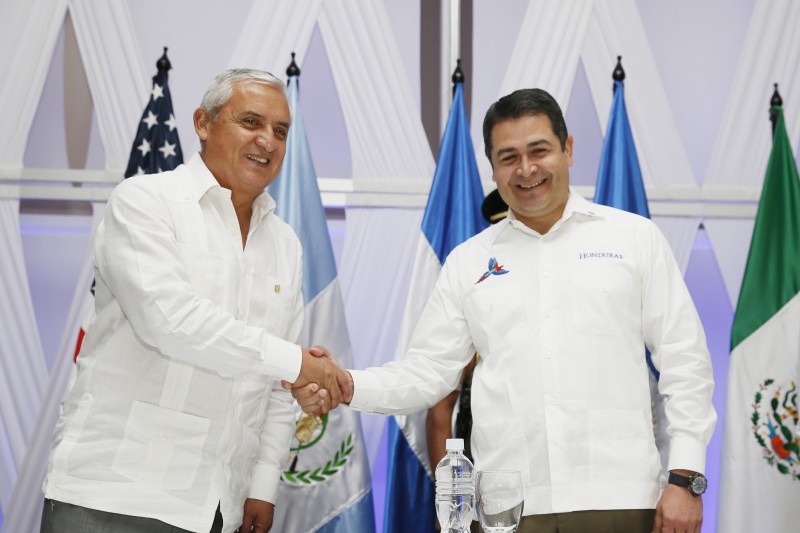
Central America, Guatemala, Honduras, Latin America: Week in Review
Corruption Scandals Deepen in Honduras, Guatemala
June 18, 2015 By Staff
Top Story — Corruption scandals in Honduras and Guatemala continue to grow amid protest movements calling for the ouster of both countries’ presidents. On Wednesday, Guatemalan prosecutors announced corruption claims against the lawmaker leading a probe of President Otto Pérez Molina — himself accused of corruption. In Honduras, President Juan Orlando Hernández announced that due of a massive corruption scandal at the country’s Social Security Institute, soldiers will be taking over public hospitals and medicine storage facilities to ensure the supply of drugs to patients.
Guatemala’s Supreme Court cleared the way last week for a congressional commission to consider revoking Pérez Molina’s presidential immunity from prosecution, amid two corruption scandals that have unseated a number of Pérez Molina’s closest allies.
The lawmaker at the head of that commission, opposition member Baudilio Hichos López, is now facing a challenge to his own immunity, a status enjoyed by all of Guatemala’s elected officials. Hichos López is accused of inappropriate real estate dealings connected to the country’s social security agency, which was at the center of one of the corruption scandals that has engulfed the current government.
Honduras has also faced a scandal at its social security agency, where investigators say corrupt officials siphoned off as much as $200 million. Hernández himself admitted that his 2013 re-election campaign took money from businesses involved in the corruption scandal, but has denied any involvement, promising instead a crackdown on corruption.
Wednesday’s announcement that the Honduran army would be taking over medicine distributors is seen as part of Hernández’s promised focus on corruption. The president has said that the move was intended to disband “the mafias that have controlled the system of storage, distribution, delivery and acquisition of medicines.”
Both Hernández and Pérez Molina have maintained that they are in no way involved in their countries’ respective corruption cases, but protesters have nevertheless called for both to resign.
Headlines from the Western Hemisphere
North America
- Amid growing concern over Uber’s lack of labor protections, its representatives have said the company is open to regulation in Mexico City, where taxi driver unions have criticized the ride-sharing service in government sponsored round-table talks.
Caribbean
- Puerto Rico governor Alejandro García Padilla admitted that his administration planned to seek congressional approval to declare government bankruptcy in order to restructure the U.S. territory’s $72 billion public debt.
- Wednesday was the deadline for legal resident status applications in the Dominican Republic under the country’s new citizenship regularization program, which has been widely criticized as discriminatory towards Haitian immigrants according to an Associated Press report.
Central America
- An increased number of migrants fleeing gang violence in Honduras, El Salvador and Guatemala are seeking refuge in Costa Rica, according to the Tico Times, with officials working to re-initiate the country’s refugee system after a 2014 hiatus.
- Costa Rica’s unique geography lends itself to both eco-tourism and drug trafficking, a tense mix that VICE News explores in a series that honors the death of famed environmental activist Jairo Mora Sandoval.
Andes
- Colombia’s FARC blew up a pipeline in the Catatumbo municipality, contaminating the water supply for at least 16,000 people.
- U.S. oil company Chevron has criticized a documentary film about oil pollution in Ecuador’s Amazon, claiming that it ignored contemporary environmental issues in which Chevron says President Rafael Correa is complicit.
Southern Cone
- A Spanish court has agreed to pursue a fraud case against Brazilian football star Neymar, signed by football club Barcelona in 2013, after an investment firm that owned 40 percent of his transfer rights accused the team of underreporting the amount they paid upon signing him.
- Federal prosecutors in Brazil have told authorities to halt the eviction of at least 2,000 families living in the Amazon jungle, most of whom are indigenous people, who are affected by the invasive construction of a large dam in the area.

